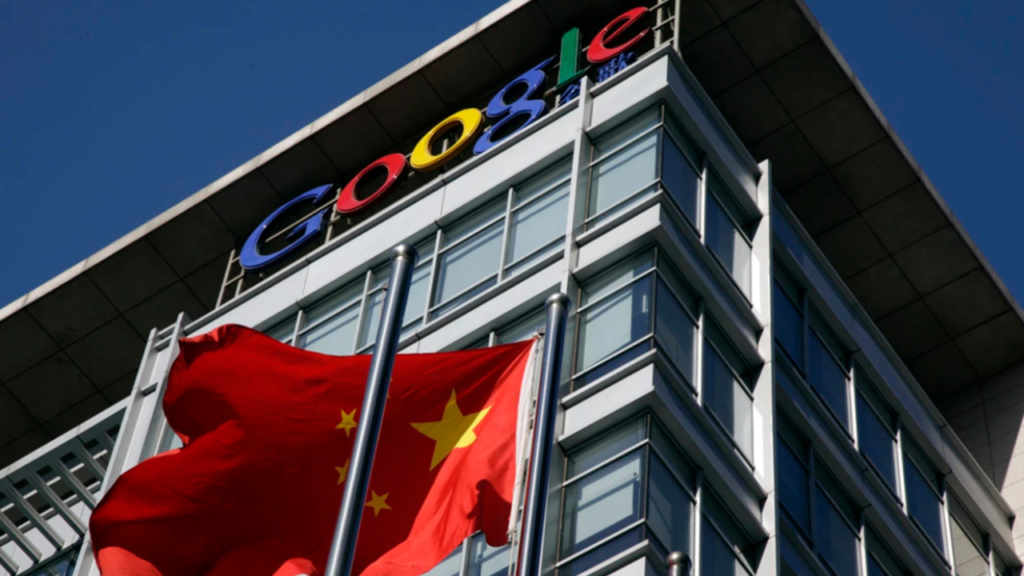Google recently filed a lawsuit in the Southern District of New York. Targeting a China-based hacker group that allegedly orchestrated a global phishing campaign impacting over one million victims across 120 countries. The tech giant accuses the group of operating a platform named Lighthouse. That enabled criminals to send fraudulent emails and text messages impersonating major brands. Such as Google and the US Postal Servicecampaigns that reportedly caused around one billion dollars in losses.
The lawsuit claims that the group provided phishing-as-a-service tools for purchase. Granting access to ready-built templates, victim databases and infrastructure for mass SMS-based attacks. Google describes it as a racketeering enterprise under US law and hopes to dismantle the underlying domains, servers and telecom connections that supported this scheme.
Analysing the scale and reach of the operation reveals how sophisticated and commercialised modern cyber-fraud has become. The malicious platform reportedly helped criminals set up campaigns that sent spoofed texts and emails in which recipients believed the message came from trusted bodies. The complaint cites examples using Gmail and YouTube branding, making the fraud look more credible. The infrastructure allegedly created “hundreds of thousands” of phishing websites across dozens of countries within a short span.
From a legal perspective Google action marks a shift in how technology companies pursue responsibility for global cyber-fraud networks. By invoking racketeering and computer fraud statutes, Google aims to go beyond simple takedown requests and pursue structural dismantling of the service provider behind the scam. The company flagged that the hacker group marketed its product openly on platforms like Telegram, YouTube and public discussion forums.
The broader significance for users and organisations cannot be ignored. When a major tech firm fights a criminal service enabling phishing at scale, it underscores the need for vigilance across email, text messaging and brand impersonation channels. Even individuals who believe they are secure may end up targeted via messages that appear legitimate or use familiar names. Organisations have to strengthen authentication, educate users and monitor outbound impersonation risks more actively.
That said not all questions have answers yet. Google did not fully identify all members of the group behind Lighthouse, and bridging jurisdictional and geopolitical gaps with China remains a challenge in extradition or cooperation. Whether the legal pursuit leads to effective disruption will depend on how well Google and partnering authorities seize control of the infrastructure and disrupt user-access paths. In conclusion the lawsuit reflects a growing recognition that cyber-fraud groups operate like organised businesses. Google move signals its intent to tackle these threats not just technically but legally and structurally. The ripple effects could influence how phishing-as-a-service gets regulated and how companies design defences in the years ahead.



















